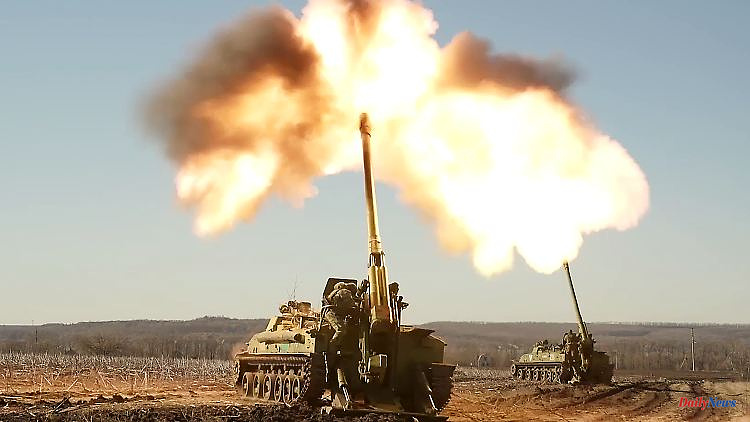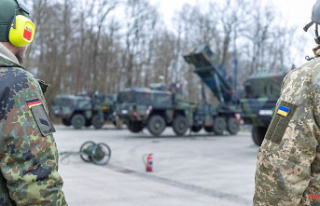The European Union puts together the tenth package of sanctions against Russia. The export ban on electronic components is intended to hit the Kremlin's defense industry. It also targets Iran, which supplies Moscow with drones for the aggressive war against Ukraine.
Almost a year after the Russian invasion of Ukraine on February 24, EU Commission President Ursula von der Leyen announced details of further planned sanctions against Russia. "We are talking about around eleven billion euros," said von der Leyen. So there should be export restrictions for electronic components "that can be used in Russian weapon systems including drones, rockets and helicopters," said von der Leyen in Strasbourg.
The tenth package of sanctions that is being prepared is also aimed at "many industrial goods that Russia needs" and that it cannot get from third countries as compensation. According to the Commission President, companies in Iran should also be subject to sanctions because they supplied Russia with drones that were used to attack civilians in Ukraine. It is also about Iranian companies close to Iran's Revolutionary Guard.
As announced by EU foreign policy chief Josep Borrell, other decision-makers, senior government officials and parliamentarians are also to be included on the sanctions list. Borrell urged EU states to continue and increase military aid to Ukraine. "All European countries that have modern tanks that are gathering dust in the barracks" should hand them over to Ukraine.
According to diplomats, four other Russian banks are also to be excluded from the international payment system Swift, including Alfa-Bank and Rosbank. Rubber and asphalt should also be added to the list of prohibited commodities.
The decision on the sanction packages lies with the member states. The 27 EU countries must decide this unanimously. February 24 marks the first anniversary of the Russian invasion. By then, an agreement between the EU states could be in place. According to von der Leyen, the Russian war machine should be specifically weakened with the tenth package of sanctions. "We have to keep the pressure up," she said.












